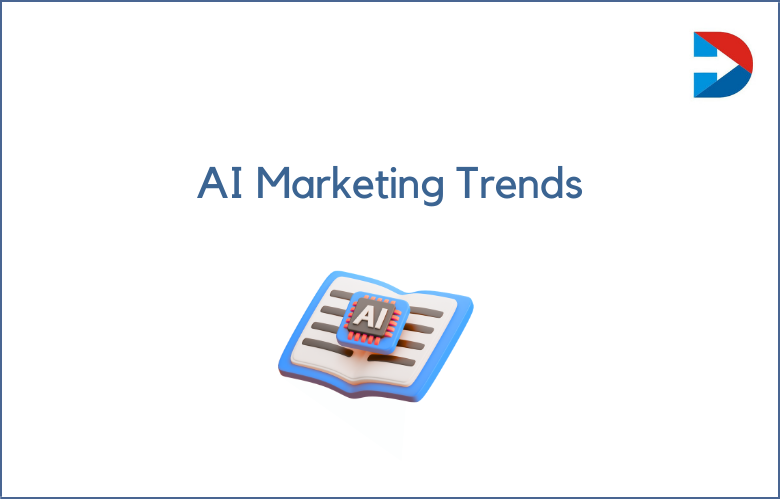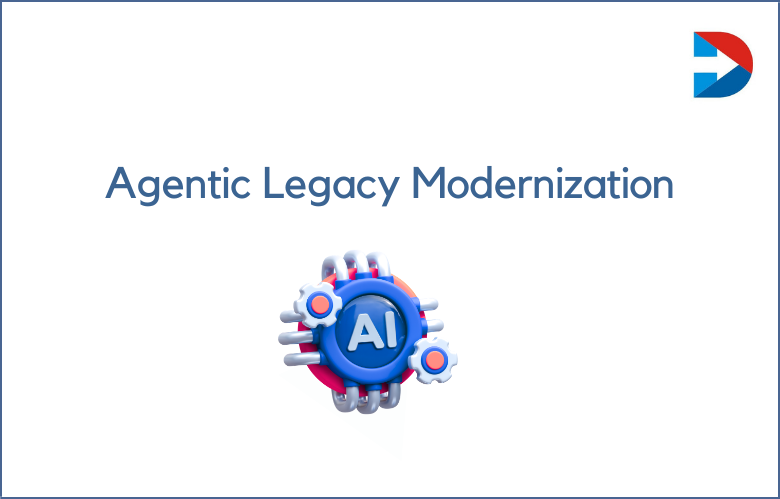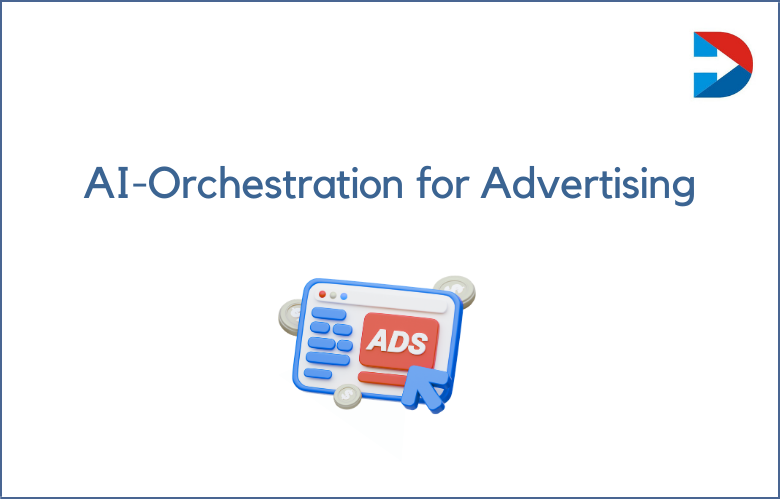
Marketing is the backbone of every business. Companies employ various marketing strategies to promote their products and services to a broader audience. Two such marketing strategies are advertising and publicity. These two terms are often used interchangeably, but they are pretty different.
I will understand the difference between advertising and publicity and which marketing strategy is better suited for your business.
What is Advertising?
Advertising is a paid marketing strategy that involves promoting a product, service, or brand through various media channels such as television, radio, print, and social media.
The primary goal of advertising is to influence consumers to buy a product or service by appealing to their wants and needs.
Advertising gives businesses complete control over their marketing message and target audience, making it an excellent tool for quickly driving sales and generating revenue.
What is Publicity?
Publicity, on the other hand, is earned media from media outlets and can be news coverage, reviews, or social media mentions. Unlike advertising, promotion is not paid for and is typically based on the newsworthiness of the content.
A brand or business can generate positive publicity by creating an exciting story or doing something that catches the media’s attention. Advertising can be challenging to control, and the media has the power to choose what they cover and how they cover it.
How to Utilize Advertising and Publicity to Promote Your Business.
Understanding the benefits of advertising and publicity can help businesses make more intelligent, informed decisions about their marketing strategies.
Businesses should consider their goals and audience when planning a marketing strategy to determine which approach best suits their needs.
For example, businesses aiming to reach a broad audience quickly may want to invest in advertising, while those looking for credible third-party endorsements may seek to generate positive publicity.
By utilizing both strategies, businesses can create a unified approach to gaining traction in their market.
Understanding the Difference Between Advertising and Publicity.
When promoting a business or product, advertising and publicity are two terms you’re likely to hear.
As a business owner, it’s essential to understand the differences between the two and how they can be used to reach your target audience effectively.
We’ll explore the differences between advertising and publicity and how they can work together to help your business grow.
Which one do you use for your business advertising vs. publicity?
The marketing world can be confusing, especially when deciding between advertising and publicity. Although both approaches may seem similar, they have unique benefits and can be impactful differently.
Advertising involves paid promotions, while publicity relies on free media attention. As a business owner, you must decide which one to use depending on the type of campaign you want to run, the target audience, and the available budget.
We will discuss the differences between advertising and publicity and help you decide which one to use for your business.
Busting the Myth: Advertising vs. Publicity.
As a business owner or marketer, creating brand visibility and awareness is essential to reach your target audience and generate sales.
Advertising and publicity are commonly used in marketing; many people believe they are the same or interchangeable.
However, advertising and publicity are different strategies used to achieve various outcomes.
We will explore the differences between advertising and publicity and which strategy to use for maximum results.
The Battle Between Advertising and Publicity: Which One Works Better?
With businesses constantly vying for attention in an increasingly competitive market, choosing the right marketing strategy to promote your brand effectively is essential.
Advertising and publicity are two commonly used approaches with pros and cons. While advertising involves paid media and controlled messaging, publicity focuses on unpaid press and aims to increase brand awareness through media coverage.
So, what’s the difference between these two tactics, and which one is better? We’ll explore the strengths and shortcomings of advertising and publicity and help you make an informed decision for your business.
Advertising is a paid marketing strategy where businesses pay to promote their message or products through print, television, radio, or online media. The advantage of advertising is that it allows companies to control the message precisely and target the intended audience.
Definition of Advertising and Publicity:
Advertising refers to the paid promotion of products and services using various media channels such as television, radio, print media, the Internet, and social media platforms.
Advertising is the most prevalent form of marketing, where companies purchase ad space to promote their products or services to a specific target audience.
On the other hand, publicity refers to the free promotion of products and services using media channels such as newspapers, magazines, television, radio, and online platforms. Advertising results from a company’s public relations efforts to create awareness about its brand, products, and services.
Cost:
The advertising campaign is expensive. Depending on the media channels and target audience, companies must allocate a considerable amount of their marketing budget to advertising.
Whereas publicity is cost-effective, companies need to hire PR agencies, and the cost of media relations and press releases is much lower than advertising.
Credibility:
Advertising is a paid medium, which means the target audience knows that the company is promoting its products, which may affect the message’s credibility.
Meanwhile, publicity, such as online reviews or articles on a well-established news website, carries more weight with the audience when building credibility.
Control:
In advertising campaigns, companies have complete control over the content they want to promote, the design, and the timing. Advertising campaigns are executed according to the target audience and the company’s strategy.
Publicity, on the other hand, is out of the company’s control because it is in the hands of media outlets. PR agencies can’t control whether or not the media outlets decide to use their story.
Longevity:
Advertising usually has a short lifespan, especially when it comes to online advertising. Banner ads, social media ads & Google ads could go unnoticed or missed by the audience.
Publicity has a longer lifespan because of its impact on the audience. A mention or backlink of the company in an article can benefit the business for months or even years.
Conclusion:
While advertising and publicity should not be pitted against each other, understanding their differences is crucial for marketing success.
The decision to choose the right marketing strategy for your business would depend on the budget, audience, and goals you have for your marketing campaign.
If done correctly, advertising and publicity can efficiently reach potential clients and drive more sales and traffic to your business.



